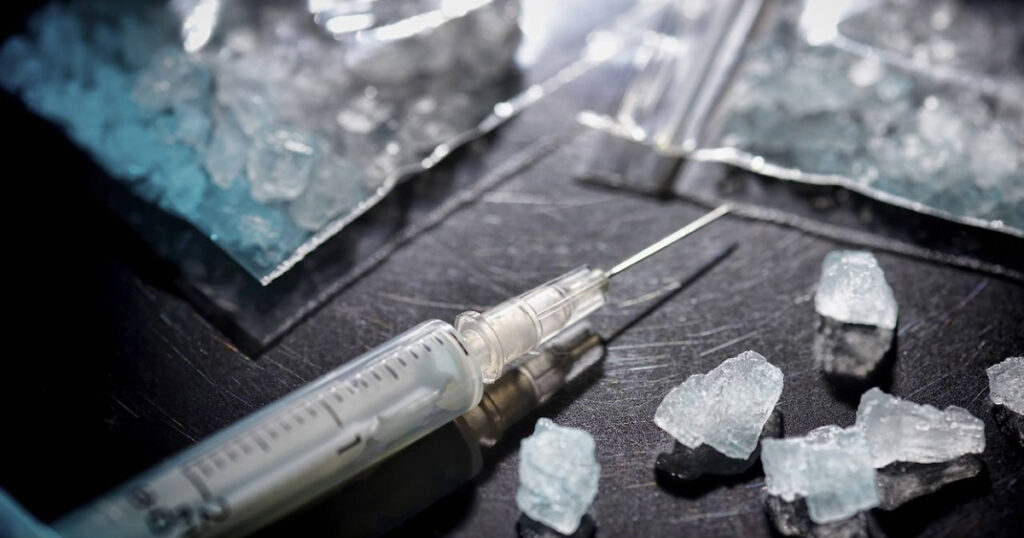Methamphetamine, also known as meth, is a highly addictive stimulant that can wreak havoc on an individual’s life. If you or someone you know is struggling with meth addiction, understanding the causes, effects, and available treatment options is the first step towards recovery
What Fuels the Fire: Causes of Methamphetamine Addiction
The path to meth addiction can be complex, influenced by a combination of factors:
- Biological factors: Genetics can play a role in predisposition to addiction. Individuals with a family history of substance abuse may be more susceptible.
- Psychological factors: Underlying mental health conditions like anxiety or depression can increase the risk of seeking meth as a coping mechanism.
- Social factors: Peer pressure, a lack of support systems, and exposure to meth use in social circles can all contribute to initial use and eventual dependence.
A Devastating Downward Spiral: Effects of Methamphetamine Addiction
Methamphetamine’s effects go far beyond the initial “high.” Chronic use can have a devastating impact on a person’s physical and mental health, relationships, and overall well-being:
- Physical effects: Meth can cause heart damage, respiratory problems, weight loss, and severe dental problems.
- Mental effects: Meth addiction can lead to psychosis, paranoia, anxiety, and cognitive decline.
- Behavioral effects: Increased impulsivity, risky behavior, and neglecting responsibilities are common consequences of meth use.
- Relationships: Addiction often strains and destroys relationships with family and friends.

Breaking Free: Treatment Options for Methamphetamine Addiction
The good news is that meth addiction is treatable. Several evidence-based treatment options can help individuals overcome their dependence and rebuild their lives:
- Detoxification: The first step often involves medically-supervised detox to manage withdrawal symptoms.
- Medication-assisted treatment (MAT): Medications like methadone or buprenorphine can help reduce cravings and withdrawal symptoms.
- Behavioral therapy: Cognitive-behavioral therapy (CBT) helps individuals identify triggers, develop coping mechanisms, and prevent relapse.
- Support groups: Connecting with others who understand the challenges of addiction can provide invaluable support and encouragement.
Seeking Help is a Sign of Strength
If you or someone you know is battling meth addiction, please know that help is available. Reach out to a healthcare professional or a dedicated addiction treatment center. There is no shame in seeking help – it’s the first step towards a healthier, happier future.



